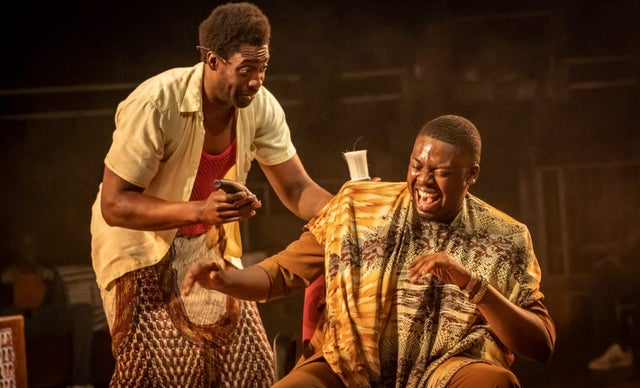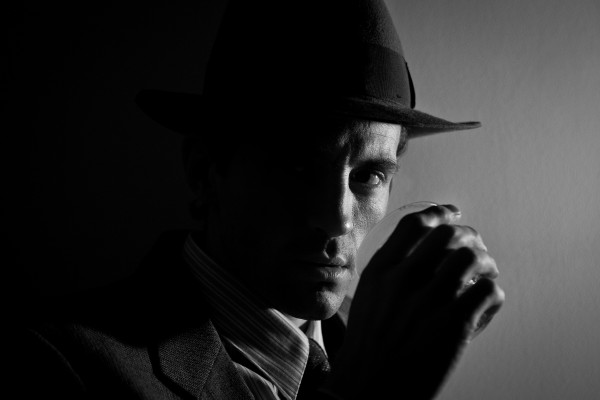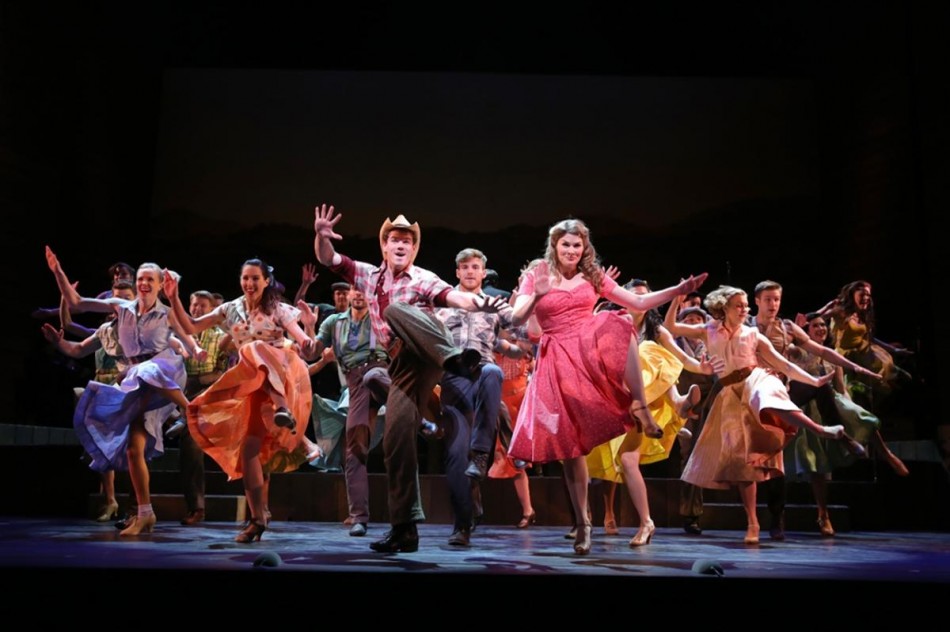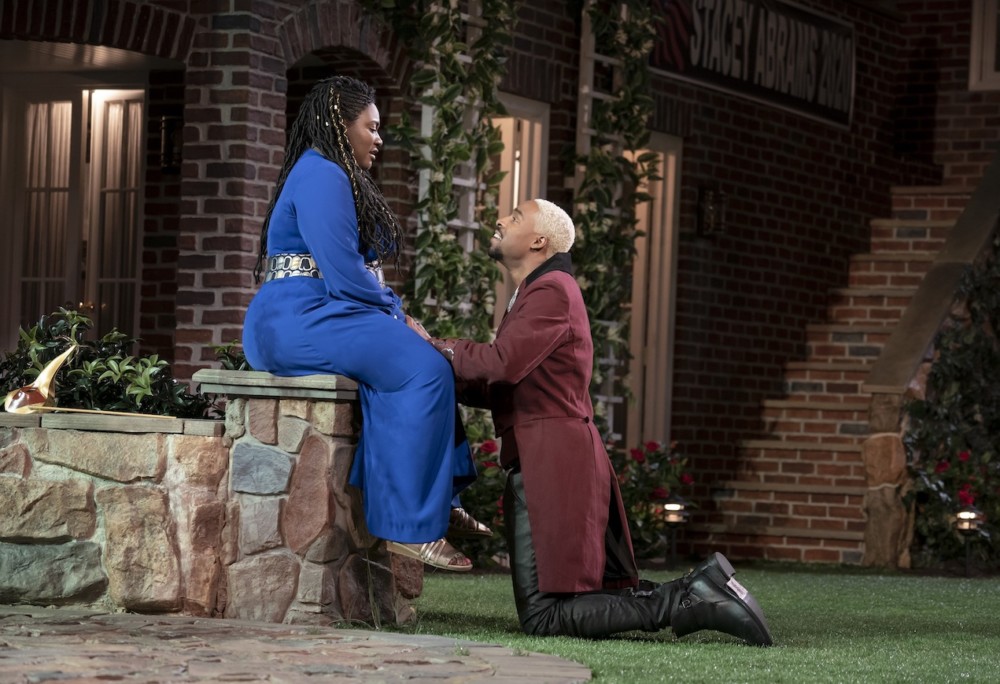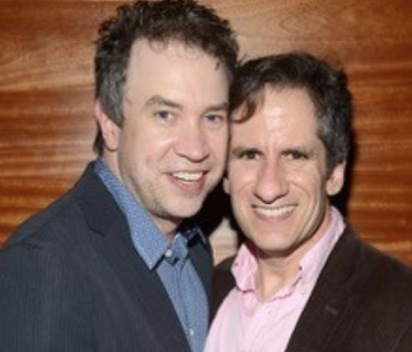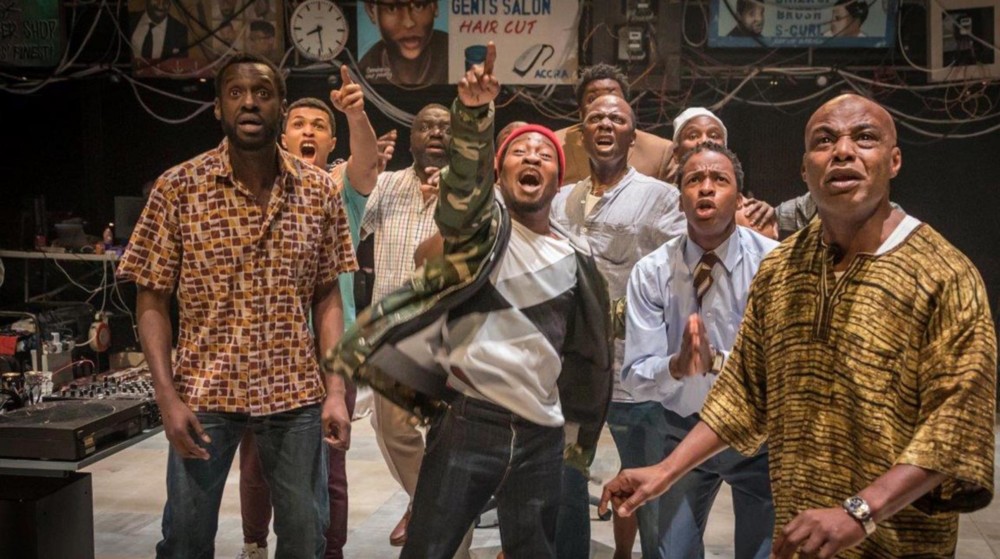
by Hazen Cuyler
We enter a barber shop. Not a discount franchise money-maker but an indispensable cultural refuge. Certain rules exist here. Fighting isn’t allowed, talking is a requisite and elders must be respected. We enter a barber shop where generations of black men disentangle nuances from their traumatic past to progress forward.
More symposium than drama, Barber Shop Chronicles visits shops across Africa (and one in London) where loosely intertwined story arcs provide a vehicle to frame discussions. Directed by Bijan Sheibani and penned by Inua Ellams, The National Theatre’s latest must-see production streams on YouTube until May 21.
Within Mr. Ellams’ inspired script, daily conversations spark diverse and broad-scoped societal debates. A hilariously crass endorsement on dating white girls seamlessly turns to ethical debate on racial slur usage. Another scene, praising local music, segues into a dissection of disingenuous national pride. Mr. Ellams’ fascinating debates on fatherhood, capitalism, racism, love, music and shifting generations all begin with a haircut.

Maynard Eziashi plays a black South African drunkard glued to a beer can. He boasts, “In school, I had power over them. Used to charge white kids to call me kaffir.” Laughing, proud and disillusioned in the face of this harsh racial slur, the good-humored revelation quickly turns volatile. A customer, mid-haircut interjects, “I moved to the suburbs, white people area . . . they used it every day! Assaulted my mother . . . beat up my cousin.” We know little about the stumbling, drunken man but we label him as a fool. Later, he reemerges, weeping over the same beer can and we learn of his absent father. Of enduring an abusive past and crippling poverty. We learn how disgraceful money helped him eat.
Barber Shop’s most pronounced story arc resides in London. Until he was imprisoned, Samuel’s father co-owned a barber shop alongside Emmanuel (Cyril Nri). Now, Emmanuel owns the shop and Samuel (the talented Fisayo Akinade) works here. A destructive father and a compassionate guardian holding a secret reminds us of Fugard’s “Master Harold”… and the boys. With heartwarming compassion, Mr. Nri’s Emmanuel counteracts Samuel’s compulsive agitation. This painful and caring relationship brings Barber Shop Chronicles its most emotionally moving plotline, relaxing the play’s constant more-intellectual debates.
Back in Africa, we arrive in a dimly lit Zimbabwean shop. An overhead fan casts a circulating shadow on two men below. Bob Marley’s “One Love” plays on an aging boombox. The young barber (Hammed Animashaun) is timid and reserved and respectful. An older musician expects a complimentary haircut. He had left Zimbabwe during more difficult times, fortunes changed, and he returns to restore national identity. “For what?” The young barber demands. Unaccustomed to conflict, Mr. Animashaun’s uncertain eyes dart side to side. His compulsive feet shift awkward weight. Obedient arms stick glued at sides. The barber pushes onward. “By playing your s*** songs? Pretending to care? You left . . . when things got tough, you left. Now things are better you’ve come back just in time . . . We don’t want your dictatorship, Mugabe was enough.” Still, silent air passes. The musician responds. “You know before I left, young people would never speak to their elders like this.” Respect your elders: a once-assumed virtue, now unresolved and questioned by this new generation.
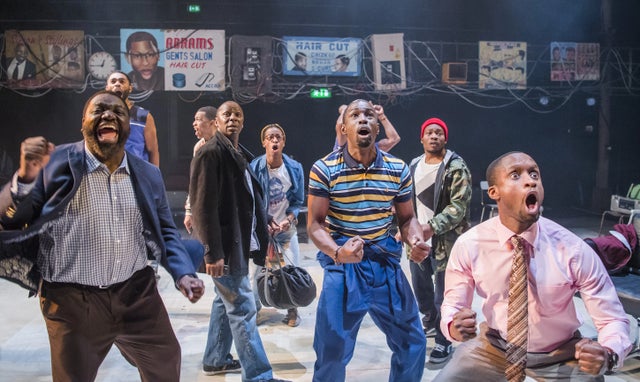
Bijan Sheibani’s staging further emphasizes ideas over behavior, resulting in the play’s ideological discussions outshining its excellent performances. Song and dance transitions, though electric, do little to bridge story or character elements. Instead, they further isolate chapters of logical debate.
Representing each unique country, Rae Smith’s designs reveal specific socio-economic circumstances. Samuel’s squeaky-clean conservative London shop houses leather armchairs and fluorescent lighting. Their clothing and equipment is clean, sharp and professional. The barber we meet in Nigeria wears pink flip flops, cuts hair on a pink rolling computer chair beside an unmade mattress lying on his dimly-lit bedroom floor.
Barber Shop Chronicles actively seeks paths forward from trauma’s lasting burden. Near the play’s conclusion, a young man enters the London shop. He’s a masculine, black actor about to audition for the role of a young, masculine, black man. Light skinned, baby-faced and comparing himself to abstract likeness of black masculinity, he feels inadequate and expects not to be cast. Quickly moved moments later, Emmanuel sheds heavy tears and we adjust our views on what it means to be masculine. These barber shops aren’t designed as economic growth machines or 15-minute vanity stops. Black men (there are no women in this play) come here to cut loose outdated ideas and seek greater understanding. They come here to discover revealing generational similarities and differences. They come here arguing and laughing at old jokes retold. Jokes recited again and again, sustaining joy and solidarity under a shadow of suffering.
The National Theatre’s Production of Barber Shop Chronicles streams on YouTube through May 21. Two hours with a very brief intermission. https://www.youtube.com/watch?v=oNxfr9tSsSc
Photos: Marc Brenner


